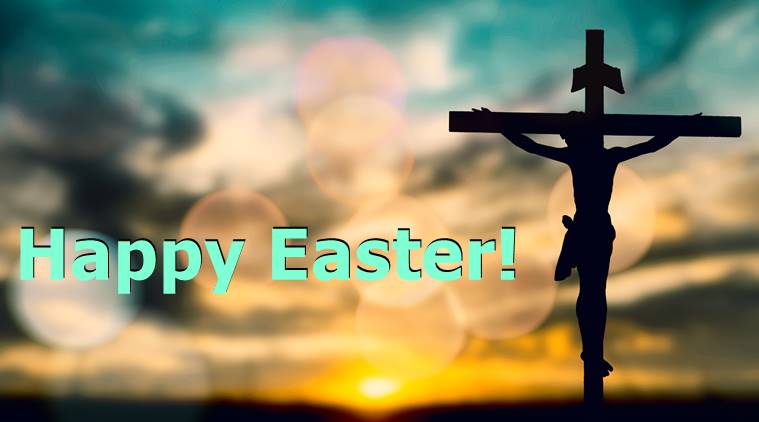Easter 2018: Date, Importance And Significance, When Is Easter 2018
Easter 2018: Easter symbolises the victory of Christ over death and his resurrection is a promise of eternal life for those who believe in him. ''He is risen'' is a joyful exclamation of his resurrection.
 ”He is risen”, the popular proclamation on this day is a joyful exclamation of his resurrection. (Source: Thinkstock Images)
”He is risen”, the popular proclamation on this day is a joyful exclamation of his resurrection. (Source: Thinkstock Images)
Easter is one of the most prominent days for Christians all over the world. The day is marked as the celebration of the resurrection of Jesus Christ, who rose from the dead. According to the Bible, Christ was crucified on the day of Good Friday and buried in a grave. However, when on the third day his disciples visited his grave, they found the stone rolled away and the grave empty. ”He is risen”, the popular proclamation on this day is a joyful exclamation of his resurrection. This year, Easter will fall on April 1.
Significance of Easter
Easter symbolises the victory of Christ over death and his resurrection is a promise of eternal life for those who believe in him. While many think of Jesus as another Rabbi or preacher, what really sets him apart as the ‘Son of God’ is the resurrection on Easter day, which is an irrefutable proof of his divinity.
However, Easter did not always symbolise Christ’s resurrection from the dead. Its meaning was quite different than what Christians observe today. The feast day of Easter was originally a pagan celebration of renewal and rebirth. Celebrated in the early spring, it honoured the pagan Saxon goddess Eastre. When the early missionaries converted the Saxons to Christianity, the holiday, since it fell around the same time as the traditional memorial of Christ’s resurrection from the dead, was merged with the pagan celebration, and became known as Easter. The meaning of Easter was also changed to reflect its new Christian orientation.
History of Easter
According to the New Testament, Christ was arrested by the Roman authorities, essentially because he claimed to be the “Son of God.”
He was sentenced to death by Pontius Pilate, a Roman prefect, at the behest of the Pharisees (the priests of Israel). The day of the crucifixion is called Good Friday. In varying ways, all four of the gospels in the New Testament (Matthew, Mark, Luke, and John) state that those who believe in Jesus’ death and resurrection are given “the gift of eternal life,” meaning that those of faith will be welcomed into the “Kingdom of Heaven” upon their earthly death.
Photos


- 01
- 02
- 03
- 04
- 05




























